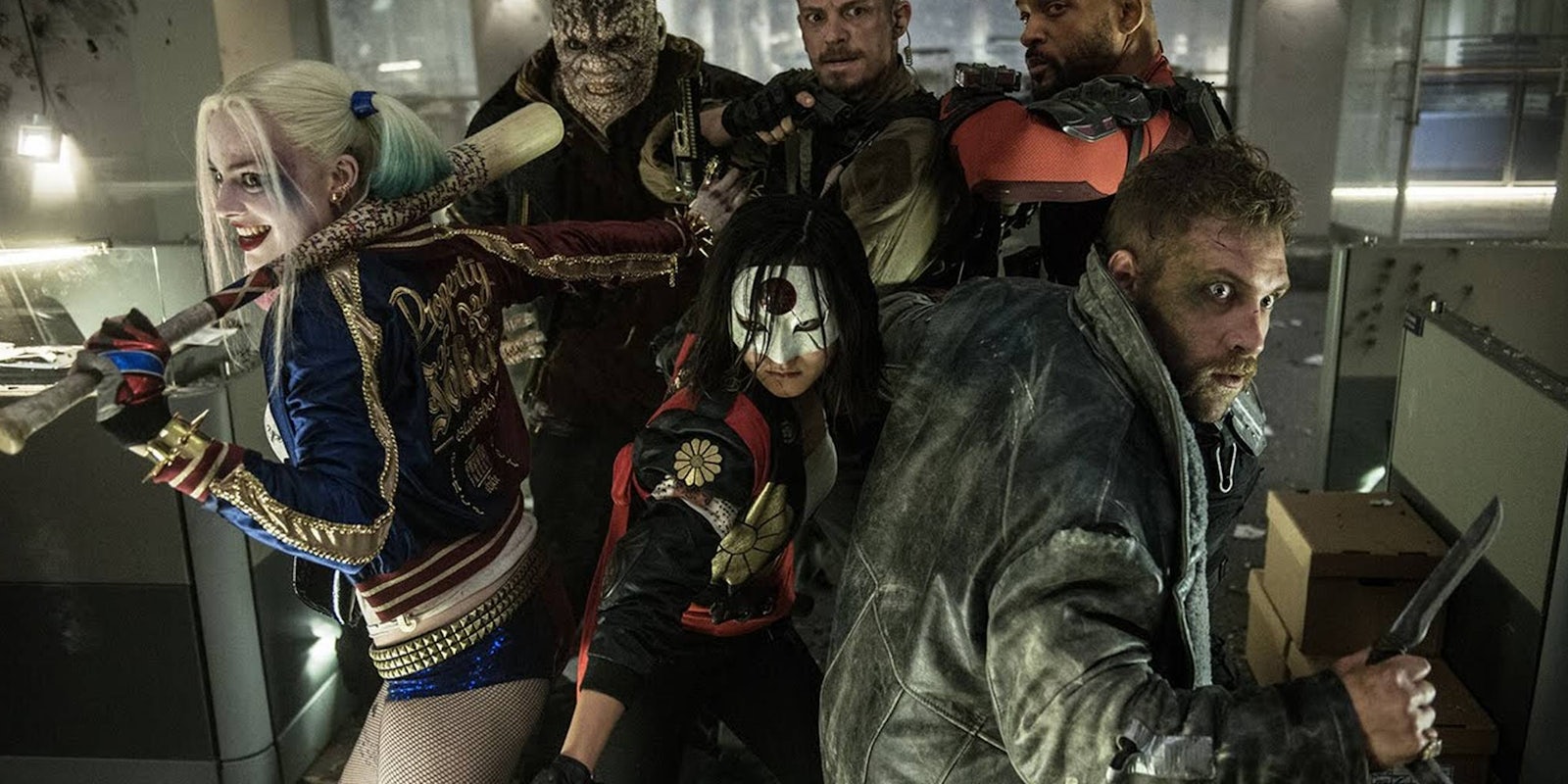BY EMILY ALFORD
Last Friday, Page Six speculated that NBC refused to air ads for Jenny Slate’s pro-choice rom-com, Obvious Child, unless the studio edited out references to abortion. This would be nearly impossible, since the film centers around a young woman’s decision to have an abortion. NBC quickly backpedaled, insisting that they had only been given a rough cut of the trailer, offered “feedback,” and had not received a final cut.
It’s pretty easy to guess the nature of that feedback.
Abortion is the ultimate no-no in mainstream culture. Even movies and television with mostly pro-woman messages refuse to handle the situation in a realistic way—think Juno, changing her mind in an instant at the mention of toenails, or Sex and the City’s Miranda melodramatically wailing “Is this my baby?” in the clinic waiting room.
Abortion is usually stigmatized in pop culture, and characters who have them are often punished. Remember poor Penny from Dirty Dancing? Long before I knew what an abortion was, I assumed she’d paid a man with a “dirty knife and a folding table” to stab her in the lady bits for being a slut.
Even nuanced portrayals of abortion are heavily censored. On NBC’s Parenthood, Amy, a teenage girl facing an unplanned pregnancy has an abortion even though her boyfriend, Drew, has his doubts. The show handled the abortion thoughtfully and sensitively, but there was something missing: the word abortion.
Showrunner Jason Katims said of NBC’s control over the abortion episode, “The network was very, very supportive of us telling this story that we wanted to tell as long as we were going to do it in a way that was responsible.”
There seems to be a lot of pressure to handle abortion “responsibly” in media, but the term doesn’t mean showing women making the best decision for themselves and their lives, having access to safe and affordable abortion, and dealing with their choice in a supportive environment so that they may go on to lead productive lives.
No, responsible in Hollywood means that characters should feel appropriately guilty for having abortions and the ramifications (usually death or a mental breakdown) must be readily apparent.
There’s no such pressure to handle other women’s issues responsibly on television or in movies. Take rape, for example. NBC, the same network so concerned with responsibility that they won’t even allow the word abortion on the airwaves, has devoted a long running series to the topic of rape.
Law & Order: SVU centers around a team of “rape cops.” Right there in the opening credits you’ll find the words “RAPE” and “MOLESTATION” in bold, clear newspaper print. Those words are fine, according to the arbiters of responsibility over at NBC.
Most episodes feature at least one brutal rape before the opening credits even roll. There is no pressure to handle the subject realistically or even delicately; one gets the sense that the series is ever competing with itself to write the sickest perverts and the most shocking rapes. (Remember the one where the rapist is re-raping his victims to get them pregnant?)
When it comes to abortion, networks and movies alike tiptoe around the reality that for 1 in 3 American women, abortion is the right choice. However, when it comes to rape, everyone seems to be fine with using a very real trauma 1 in 4 women face as a plot device.
Rape has become so common on television and in movies that viewers barely seem to notice it anymore, but producers still feel that audiences aren’t ready for abortion.
Nowhere has that been more obvious than last season’s Downton Abbey, in which Anna’s horrific rape seems serves no other purpose than to put Bates back in hot water with the law, returning him to the “brooding man with a past” stereotype he filled in the first and second seasons. Anna’s struggle isn’t to come to terms with her attack but to keep her rape a secret from her husband so that he won’t kill the rapist and go to prison.
Once again, we see a rape used as an inciting incident to drive the action of a show rather than rape as a responsibly handled statement about a real threat women face every day. But when Lady Edith finds herself unexpectedly pregnant by an absent man, she has the typical abortion clinic breakdown, and—as the show seems to suggest—makes the “right” decision, which is giving her baby to farmers and visiting her daughter under the guise of an altruistic neighbor. Television writers are so afraid of the A-word that having a character realistically consider the termination of an unwanted pregnancy is so taboo they’d rather write in a ridiculous fairy-tale scenario that hasn’t felt fresh since Bleak House.
Abortion is real. It’s legal, and it’s nothing to be ashamed of, but you’d never know from watching television. If we went by what we saw on primetime, a woman is more likely to be raped and flayed by a serial killer than she is to thoughtfully weigh her options and terminate her pregnancy in a safe environment. It’s sad to turn on the TV and find overwhelming evidence that we live in a society more comfortable watching women be raped than hearing women say the word abortion.
Note: Planned Parenthood is collecting signatures to petitiion NBC on the issue and get the network to “stop silencing ads mentioning abortion.” They’ve already gotten over 10,000 people on board. Help them get to 15,000.
Emily Alford is a Brooklyn-based freelance writer. Her work has also appeared in xoJane. For fun, she runs Bathshebas.net, which is like The Onion, if The Onion was angrier and feministier.
Photo via Obvious Child/YouTube


